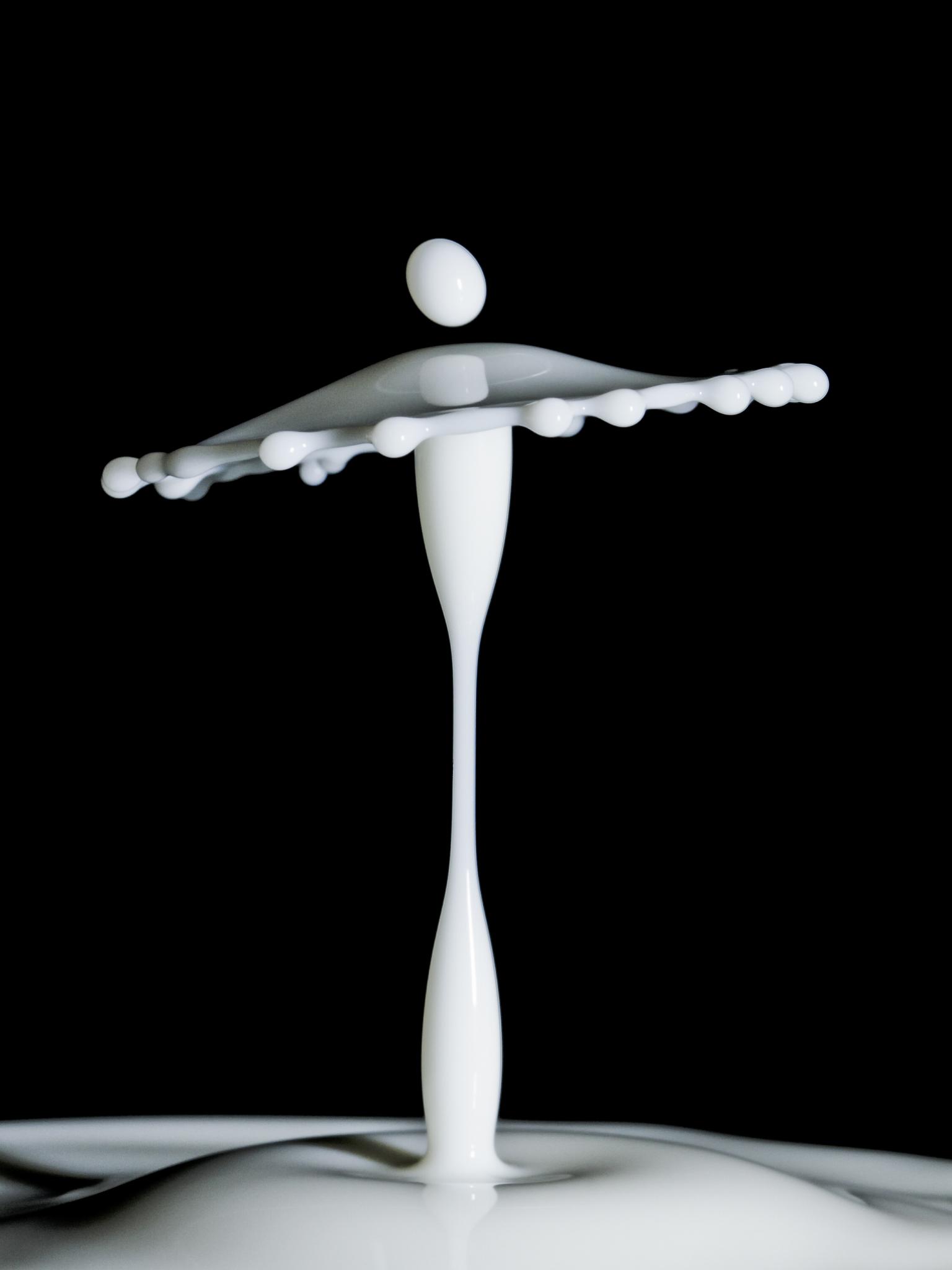For dedicated Olympians and recreational athletes alike, rehydration is a critical part of any workout. Replacing fluids can fight fatigue, replenish electrolytes lost from sweat, and help ensure that your trip to the gym won’t end in a trip to the emergency room. But before you reach for your water bottle, consider this alternative — milk.
Research provides remarkable, compelling reasons to drink milk following a workout. A 2015 study conducted at the University of Birmingham indicated that parched participants who consumed milk after exercising retained fluids longer than those who consumed sports beverage or water. A greater proportion of the fluid in water and sports drinks was lost in the participants’ urine, sometimes leaving them dehydrated.
Because of milk’s high protein content and greater nutrient density, its fluids are released more gradually into the bloodstream than common sports beverages and water. Soy milk demonstrates similar properties; Griffith University researchers in Australia found that soy milk can rehydrate consumers almost as well as dairy milk and much more effectively than Powerade.
On top of retaining fluids, a more recent study from the University of Limerick finds that milk is as effective as sports drinks in replacing the fluids and electrolytes lost during exercise.
Aside from the rehydrating power of milk, protein in dairy aids muscle repair and can help alleviate post-workout fatigue.
Additionally, the benefits of drinking milk after your workout may also extend to weight loss and muscle building. Brock University researchers found that after 12-weeks of resistance training, participants who consumed milk following exercise built more lean muscle mass than those who simply drank water after their exercise routines.
Unfortunately, milk’s post-workout consumption is not without its pitfalls. The beverage’s high-calorie density may be incompatible with those who limit their daily energy intakes.
Also, there are no obvious advantages to milk’s fat content.
Another drawback in trading your water bottle for milk cartons comes in the difficulty of consuming the beverage. Some study participants found both milk and soy milk unpalatable after working out, others experienced feelings of bloatedness and fullness.
Plus, not everyone is able to physically tolerate milk, while water is fundamental.
But, as the saying goes, a spoonful of sugar helps the medicine go down. When contemplating your workout drink of choice, it is worth noting that even chocolate milk has its benefits. The sugar content and protein in low-fat chocolate milk help to prevent protein breakdown and maximize milk’s muscle repair and growth benefits, while still providing the benefits of rehydration.
With indisputable benefits in the area of protein and fluid retention, milk could very well be your new post-workout essential.


